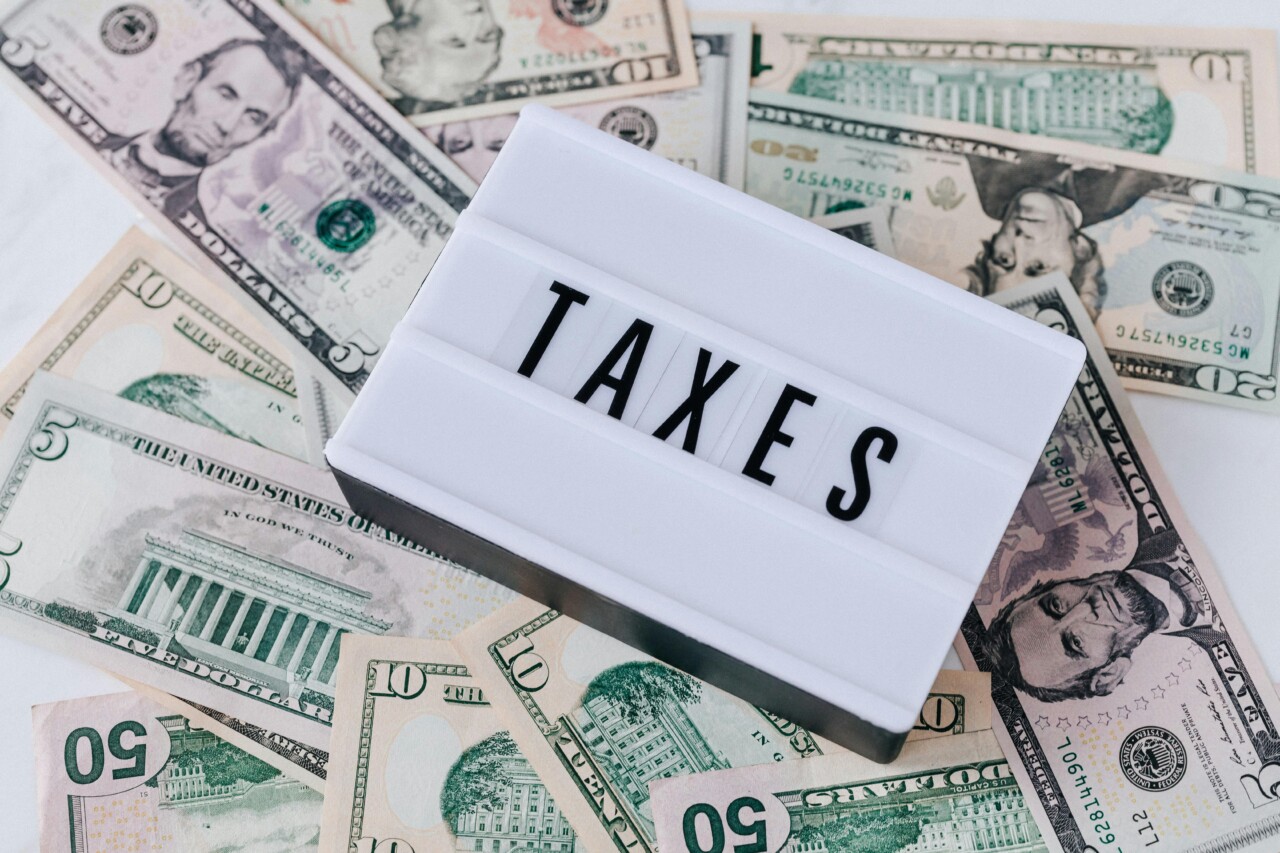Social Security Alerts, News & Updates
Nine States Still Tax Social Security Benefits in 2025

Social Security Taxation at the State Level: 9 States Still Can’t Let Go
Oh, congratulations! You’ve slaved away for decades, dutifully paying into Social Security, and now you’re ready to collect your “reward.” But wait—what’s this? Your hard-earned Social Security benefits might be taxed? Shocking, I know.
At the federal level, the government generously allows itself to tax up to 85% of your Social Security benefits if you’re “wealthy” enough. How thoughtful of them. Of course, “wealthy” in government-speak might just mean “not eating cat food for dinner.”
But here’s the real kicker that nobody bothers to mention until it’s too late—your state might also want a piece of that Social Security pie you’ve been baking for 40+ years. Currently, 9 states still can’t resist dipping their fingers into retirees’ Social Security checks in 2025. Apparently, decades of payroll taxes weren’t quite enough for them.
The silver lining—if you can call it that—is that states are grudgingly backing away from this practice of taxing Social Security benefits. Three states actually managed to completely eliminate their Social Security taxes starting in 2024. Another state even passed legislation to phase out their tax by 2026. How magnanimous of them to stop taking money they shouldn’t have been taking in the first place.
Let’s look at these reformed tax-grabbers, shall we?
Kansas Ended Social Security Taxation, Retroactive to Jan. 1, 2024
Kansas used to have a brilliantly simple approach to Social Security benefits taxation:
- Make more than $75,000? Sorry, we’ll be taxing those benefits.
- Make $75,000 or less? Congratulations on your relative poverty! No tax for you.
But in a shocking turn of events, Kansas politicians discovered their hearts in October when new legislation went into effect. They’ve graciously decided to stop taking an extra $150 million annually from retirees. How will the state possibly survive without this Social Security tax exemption revenue? Perhaps by taxing literally everything else…
Other Kansas State Taxes
Personal Income Tax Rates—Kansas helpfully taxes your retirement income between 3.1% and 5.7%. Because retirement should never be too comfortable.
Income Tax on IRA and 401(k) Plan Withdrawals—Saved diligently in retirement accounts? Kansas says “thanks for that” by taxing your withdrawals just like the feds do. That $1,000 you take out? Taxed twice. Efficiency!
Sales Taxes—Kansas features a delightful 6.5% statewide sales tax, but wait—there’s more! Local governments can add up to 4.25% extra, bringing the average to 8.654%—the ninth-highest in the nation. Shopping is just more thrilling when it comes with a tax surprise.
Property Taxes—Property taxes in Kansas are also generously high—the 13th-highest in the country with a median rate of 1.25%. Because owning a home shouldn’t be too affordable.
Estate and Inheritance Taxes—In a rare moment of restraint, Kansas doesn’t tax you after you die. How considerate.
For more details on Kansas tax policies, visit the Kansas Department of Revenue.
Missouri Completely Exempted Social Security Benefits In 2024
Missouri’s Governor Mike Parson signed legislation exempting Social Security benefits from state income tax starting January 2024. Of course, this doesn’t help anyone filing their 2023 taxes due April 15, 2024. Those poor souls still follow the old rules, where you only get a complete exemption if your Missouri adjusted gross income is $85…
Wait, $85? That can’t be right. Perhaps the full information was cut off, but one has to wonder: who exactly is surviving on $85 of adjusted gross income? Perhaps Missouri’s definition of “low income” is more creative than we thought.